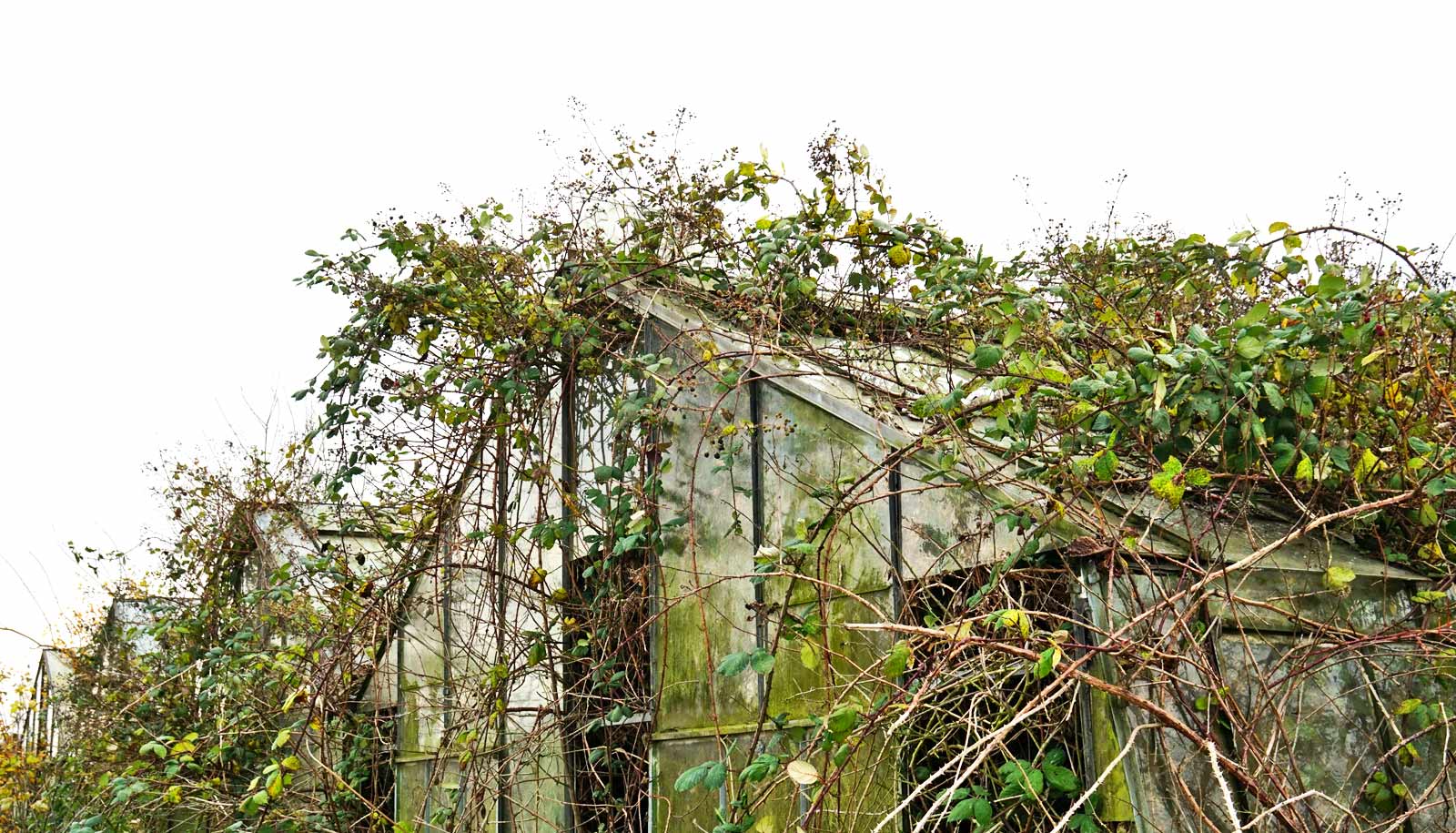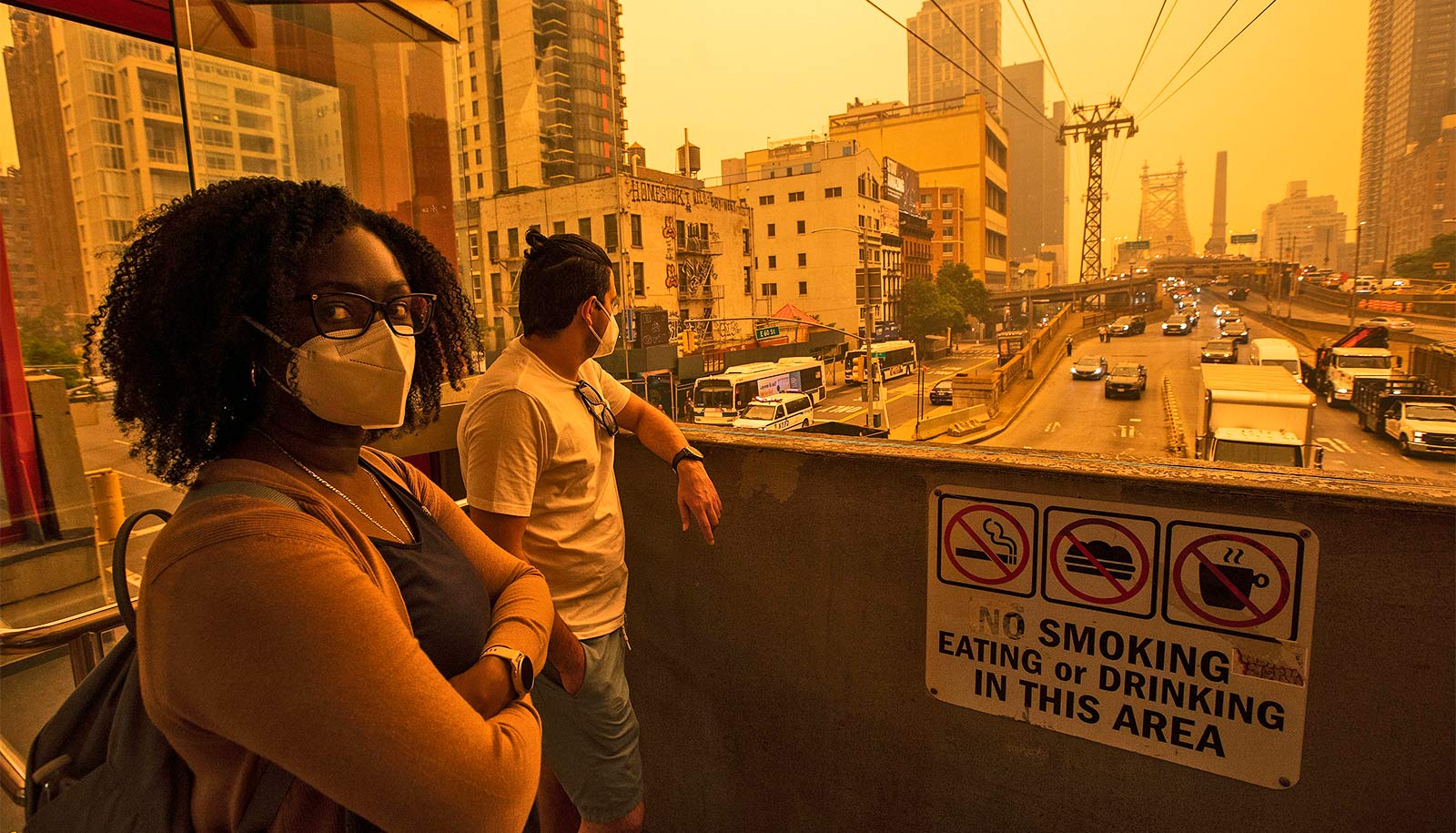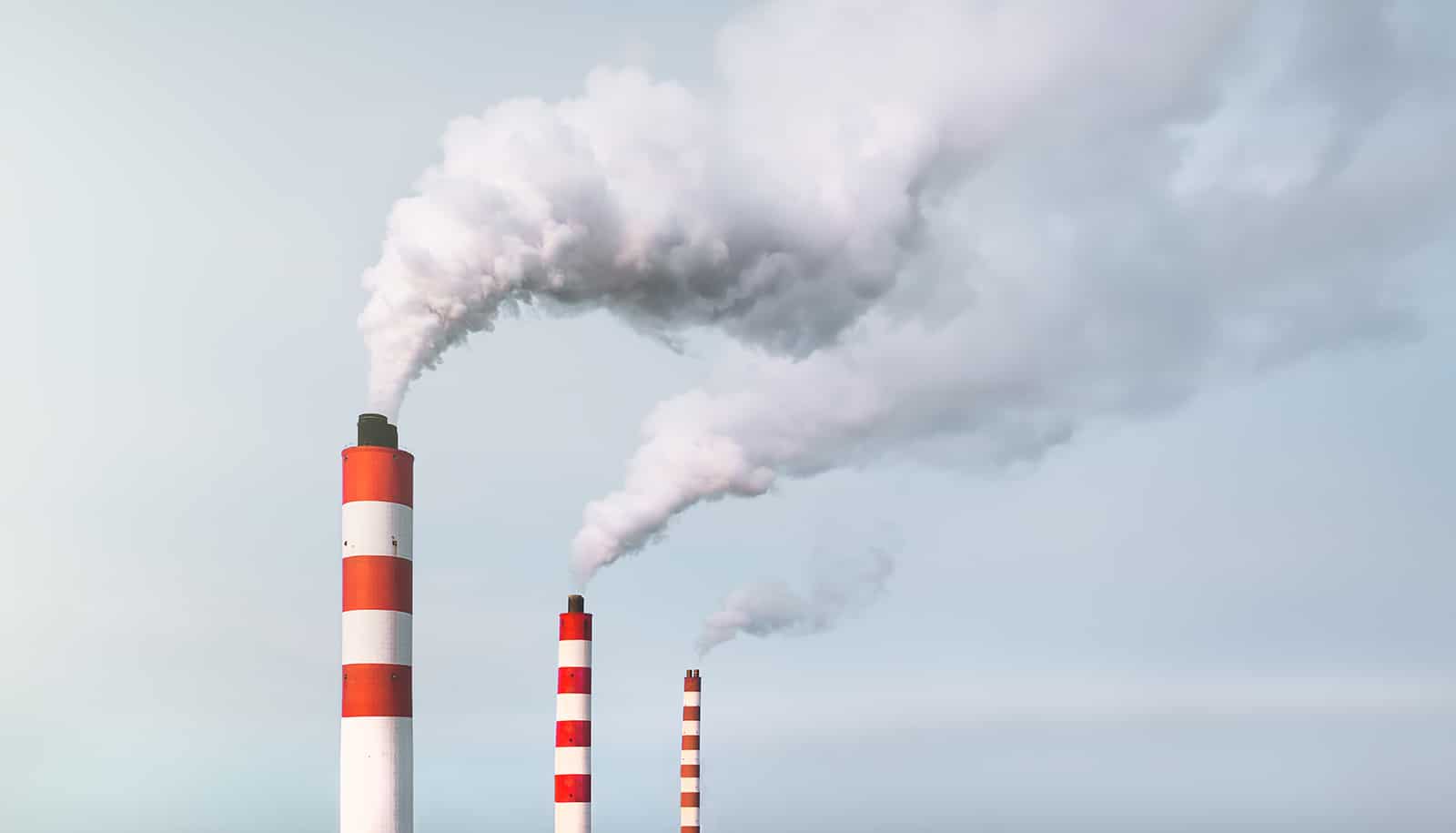Even if we achieve the carbon emissions reductions that the Paris Agreement calls for, there is the risk of the planet entering “hothouse Earth” conditions.
A “hothouse Earth” climate will in the long term stabilize at a global average of 4-5°C higher than pre-industrial temperatures with sea level 10-60 m higher than today.
This warning appears in the Proceedings of the National Academy of Sciences. And accelerating the transition towards an emission-free world economy has become more urgent than ever, conclude the paper’s authors.
“Climate and other global changes show us that we humans are impacting the Earth system at the global level,” says coauthor Katherine Richardson, professor at the Center for Macroecology, Evolution and Climate at the University of Copenhagen. “This means that we as a global community can also manage our relationship with the system to influence future planetary conditions. This study identifies some of the levers that can be used to do so.”
“Places on Earth will become uninhabitable if ‘hothouse Earth’ becomes the reality.”
“Human emissions of greenhouse gas are not the sole determinant of temperature on Earth. Our study suggests that human-induced global warming of 2°C may trigger other Earth system processes, often called “feedbacks,” that can drive further warming—even if we stop emitting greenhouse gases,” says lead author Will Steffen from the Australian National University and Stockholm Resilience Centre. “Avoiding this scenario requires a redirection of human actions from exploitation to stewardship of the Earth system.”
Currently, global average temperatures are just over 1°C above pre-industrial and rising at 0.17°C per decade.
Types of ‘feedback’
The authors of the study consider a number of natural feedback processes, some of which are “tipping elements” that lead to abrupt change if we cross a critical threshold. These feedbacks could turn from being a “friend” that stores carbon into a “foe” that emits it uncontrollably in a warmer world.
These feedbacks are:
- permafrost thaw,
- loss of methane hydrates from the ocean floor,
- weakening land and ocean carbon sinks,
- increasing bacterial respiration in the oceans,
- Amazon rainforest dieback,
- boreal forest dieback,
- reduction of northern hemisphere snow cover,
- loss of Arctic summer sea ice,
- and reduction of Antarctic sea ice and polar ice sheets.
“These tipping elements can potentially act like a row of dominoes. Once one is pushed over, it pushes Earth towards another,” adds coauthor Johan Rockström, executive director of the Stockholm Resilience Centre and incoming co-Director of the Potsdam Institute for Climate Impact Research.
“It may be very difficult or impossible to stop the whole row of dominoes from tumbling over. Places on Earth will become uninhabitable if “hothouse Earth” becomes the reality.”
Can we ‘park’ at +2º?
Coauthor Hans Joachim Schellnhuber, director of the Potsdam Institute for Climate Impact Research, says: “What we do not know yet is whether the climate system can be safely ‘parked’ near 2°C above pre-industrial levels, as the Paris Agreement envisages. Or if it will, once pushed so far, slip down the slope towards a hothouse planet. Research must assess this risk as soon as possible.”
Did this 1945 nuclear test begin the Anthropocene?
The paper says that maximizing the chances of avoiding a “hothouse Earth” requires not only reduction of carbon dioxide and other greenhouse gas emissions but also enhancement and/or creation of new biological carbon stores via, for example:
- improved forest, agricultural, and soil management;
- biodiversity conservation;
- and technologies that remove carbon dioxide from the atmosphere and store it underground.
Critically, the study emphasizes that these measures must have the support of fundamental societal changes that are required to maintain a “stabilized Earth” where temperatures are ~2°C warmer than the pre-industrial.
Source: University of Copenhagen



